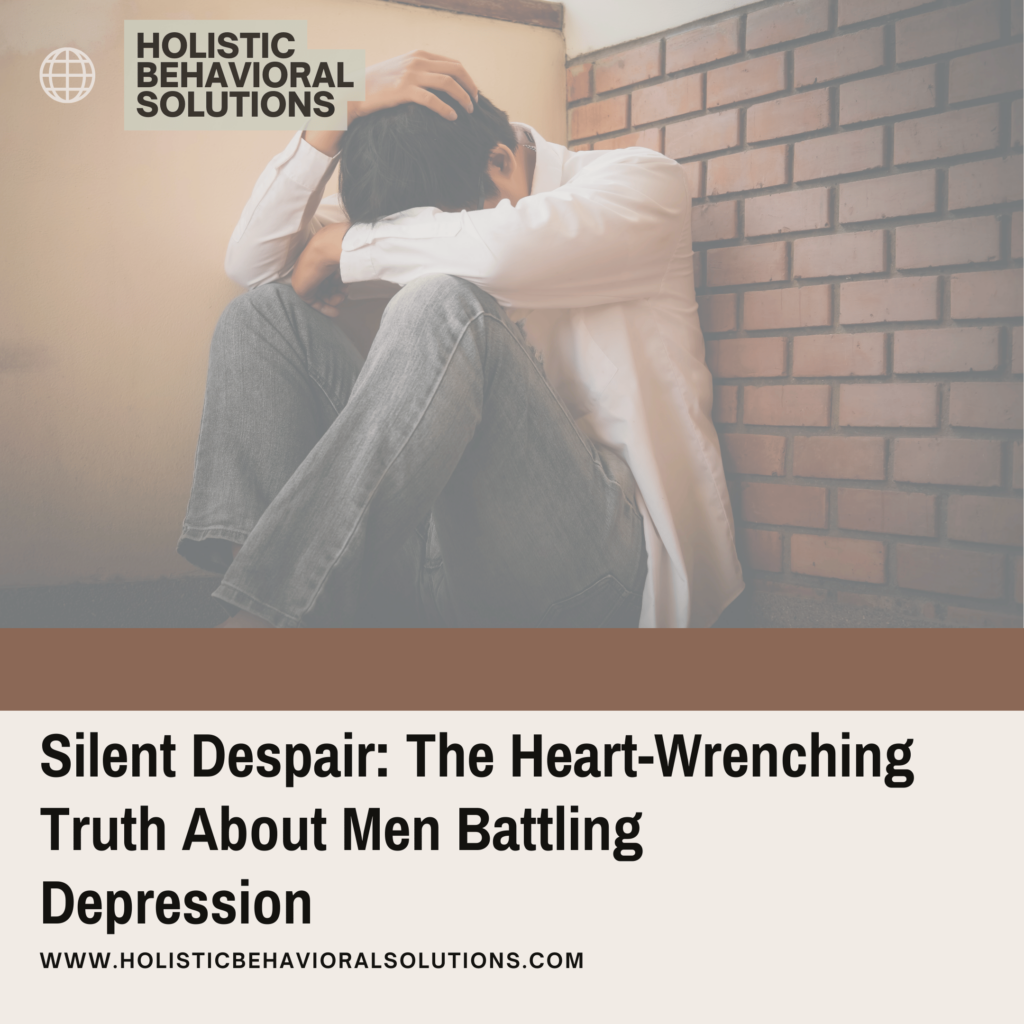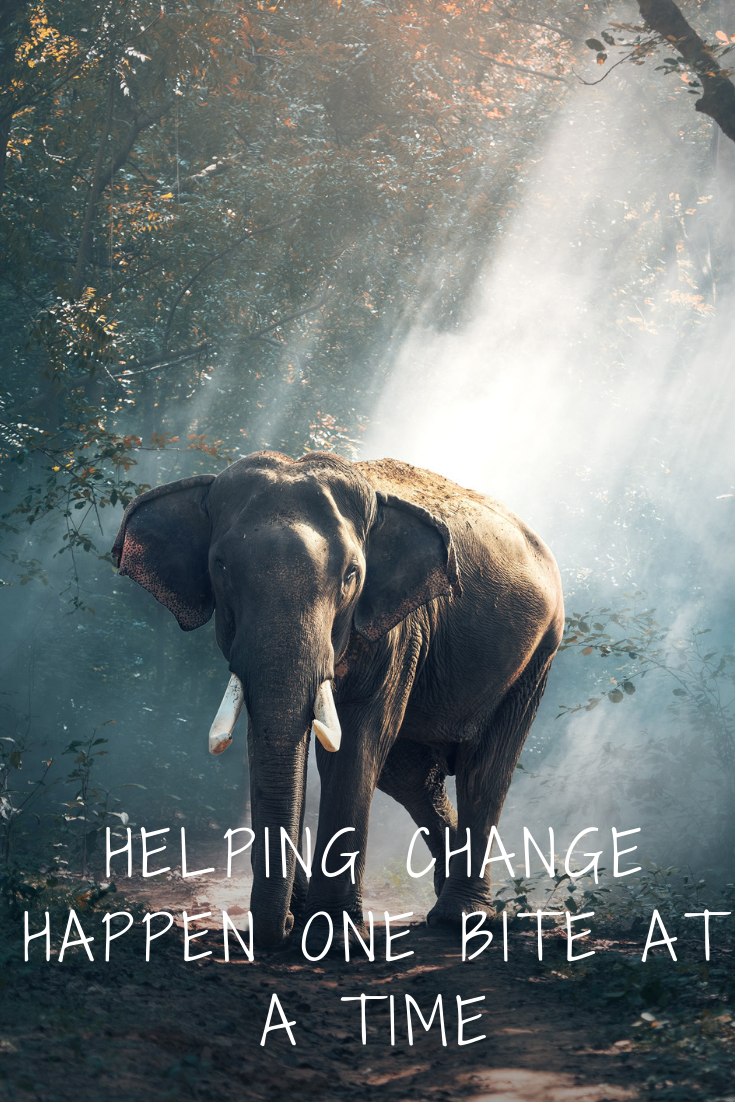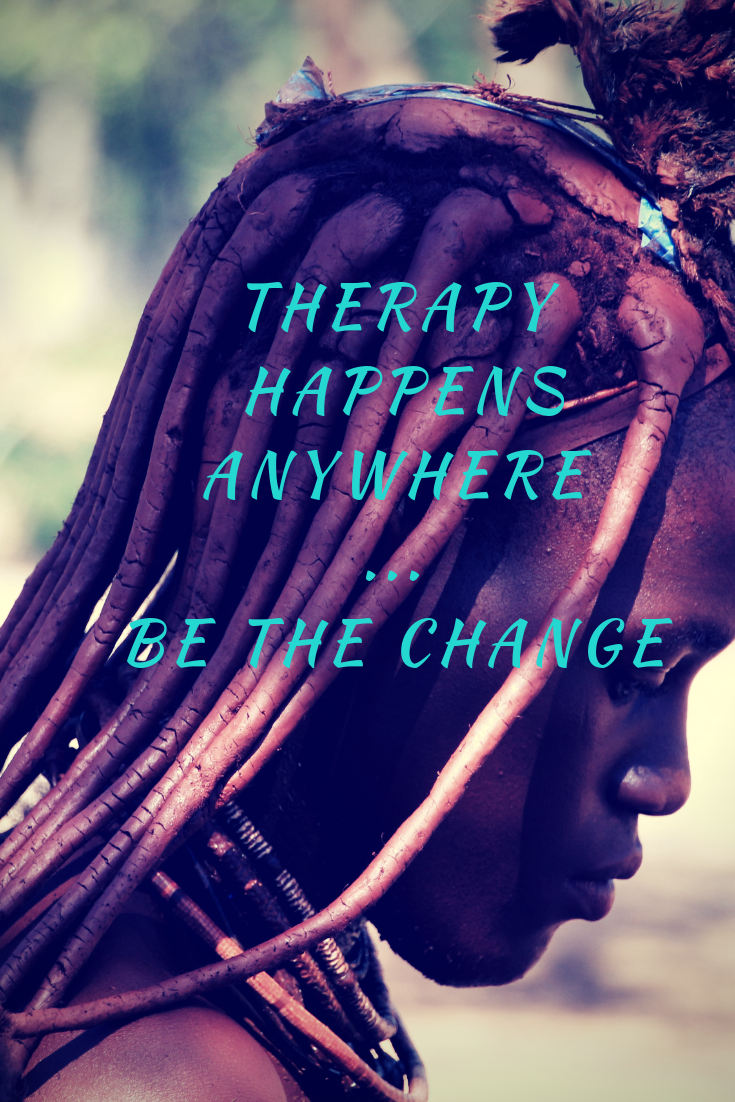
Millions of people live with depression every day—but for men, the signs are often harder to spot, harder to talk about, and even harder to treat if they go unacknowledged. While sadness and hopelessness can affect anyone, depression in men often looks different, shaped by internalized beliefs about masculinity and emotional expression.
Whether you’re a mental health professional, a partner, a friend, or someone who identifies with these struggles yourself, it’s important to understand how men experience depression—and how we can better support them.
Why Depression in Men Often Goes Undetected
In therapy, I often hear men describe their emotional pain not as sadness, but as frustration, anger, numbness, or burnout. Rarely do they walk in saying, “I’m depressed.” More often, they say:
- “I don’t feel like myself.”
- “I’m always on edge.”
- “I just want to be left alone.”
These are not just mood swings—they can be symptoms of clinical depression. And the societal pressure to “man up,” “deal with it,” or “shake it off” only makes it harder to seek help.
Key Ways Depression Shows Up in Men
1. Hidden Emotions
Many men are taught to internalize pain. Instead of crying or sharing openly, they may withdraw, shut down, or lash out. This emotional suppression leads to misdiagnosis, delayed treatment, or sometimes maladaptive behavior like aggression or avoidance.
2. Physical Symptoms
Depression isn’t just emotional—it’s physical. Men may complain about headaches, muscle pain, stomach issues, or trouble sleeping without realizing these symptoms are rooted in emotional distress.
3. Self-Medication and Escapism
Alcohol, excessive screen time, overworking, gambling, or drug use are common coping strategies. These behaviors may mask emotional pain but often worsen the underlying depression.
Note: Self-medicating provides temporary escape, not healing.
Helping the Men in Your Life: Breaking the Silence Around Depression
Recognize the Warning Signs
Look for changes in behavior—withdrawal from relationships, mood swings, fatigue, irritability, or declining interest in hobbies and responsibilities.
Encourage Open, Nonjudgmental Conversations
Create space for honest discussions. Instead of pushing solutions, start with:
“I’ve noticed you’ve been going through something. I care about you. Want to talk about it?”
Encourage Professional Support
Therapy isn’t a weakness—it’s maintenance. Men benefit from licensed professionals who can offer coping strategies, emotional validation, and evidence-based tools for healing.
Support a Healthy Routine
Movement, nutrition, and sleep aren’t just for physical health—they directly support mental resilience.
Suggest Peer Support
Men’s groups (in-person or online) help break isolation. Hearing “you’re not alone” from someone who’s been there can be life-changing.
The Emotional Toll of Masculine Norms
Boys are often discouraged from showing emotion. They’re told:
- “Don’t cry.”
- “Toughen up.”
- “Be strong.”
Over time, these messages teach men to silence their inner world. But that silence becomes a weight—one that too many carry alone.
Reducing the stigma around men’s mental health isn’t just a clinical need—it’s a cultural shift. It’s how we create stronger families, safer communities, and more emotionally healthy men for future generations.
Final Thought: We Will Figure It Out
If you love someone who seems to be struggling—don’t wait for them to ask for help. Start the conversation. Offer support. Normalize therapy. Let them know they don’t have to carry the weight alone.
And if you’re the one feeling stuck, overwhelmed, or shut down:
You’re not broken. You’re human. And healing is possible.
“We will figure it out.” That’s where it starts.
The Holistic Store: Support from the Inside Out
While you’re tending to emotional wellness, don’t forget the body plays a role too. At The Holistic Store, we offer natural wellness supplements that support mood balance, stress management, energy, and cognitive clarity.
Explore our store to find products that help you feel more grounded, focused, and ready to reconnect—on your own terms.
PS: Are you a culturally competent licensed clinician passionate about guiding others toward resilience? Our practice is growing, and we’re hiring in New Jersey! Check out our Careers page for current openings and join a team dedicated to fostering impactful, inclusive mental health support.

